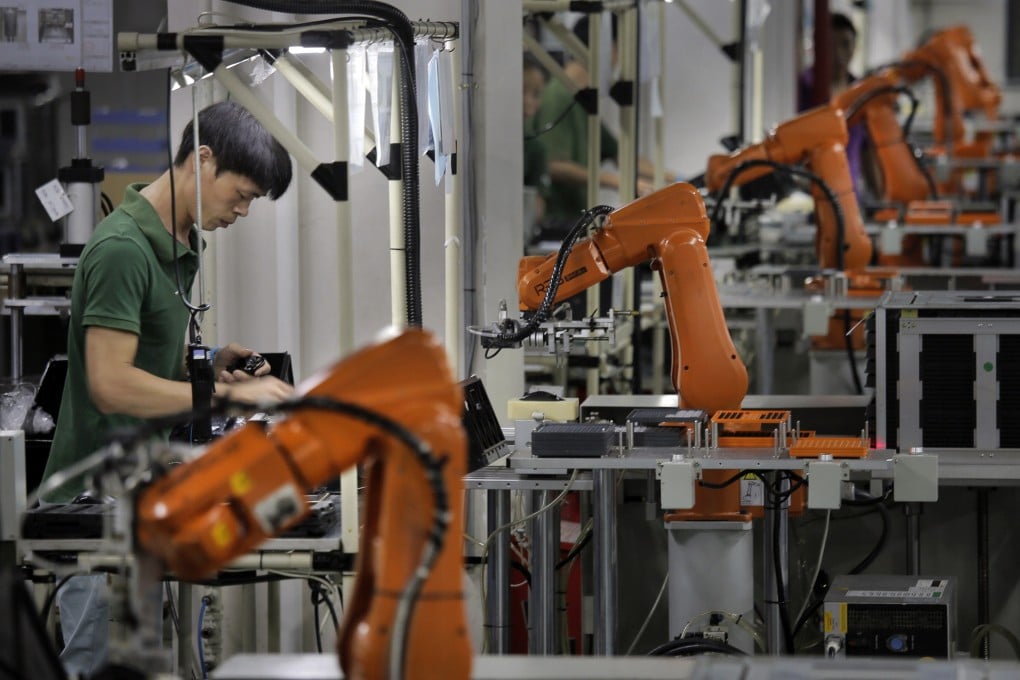Trade war deal will not fix US-China tensions as ex-Fed chair Yellen warns of long-term global impact
- Janet Yellen, who chaired the US Federal Reserve from 2014 to 2018, warns of the risks of technological decoupling between China and the United States
- Subsidies to state-owned enterprises, artificial intelligence and 5G technologies well as national defence and security concerns are also ‘quite difficult to deal with’

China and the United States will not fix long-term issues that have the potential to significantly effect the global economy by signing their phase one trade deal this week, said former US Federal Reserve chair Janet Yellen.
Disputes over the subsidies offered to state-owned enterprises, competition in artificial intelligence and 5G technologies that have spillovers into national defence and security concerns are included on a long list of issues that are “quite difficult to deal with”, Yellen told the Asian Financial Forum in Hong Kong on Monday.
The division between the world’s two largest economies could have significant consequences for technological change, potentially splintering the globe into two competing camps that will make trade and global integration extremely difficult, added Yellen, who chaired the US Federal Reserve from 2014 to 2018.
In addition, the rivalry could hinder technological progress, since it will stop countries’ ability to learn from each other, and prevent technologies developed in one place from being applied throughout the world, Yellen said.
More and more people are concerned about a kind of decoupling that could occur if the US and China are not able to find a common ground on technology issues ... I think we have very difficult issues that lie ahead
“More and more people are concerned about a kind of decoupling that could occur if the US and China are not able to find a common ground on technology issues, which would make it very difficult in the future when those technologies become a part of many commercial applications,” Yellen said. “I think we have very difficult issues that lie ahead.”
The phase one trade deal, which is expected to signed in Washington this week, could ease tensions as the US have called off some of its threatened tariffs and scaled back some existing ones, although uncertainty remains about supply chains and investment decisions because most tariffs are still in place, Yellen said.